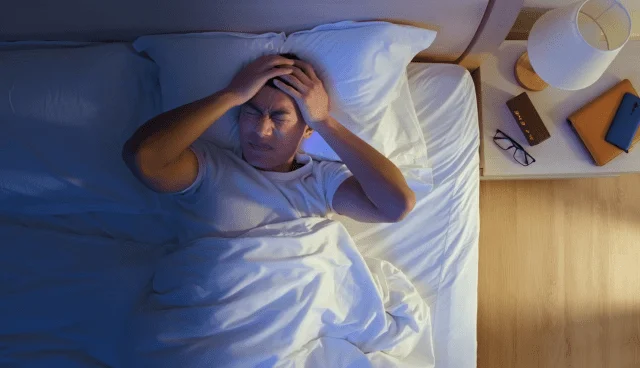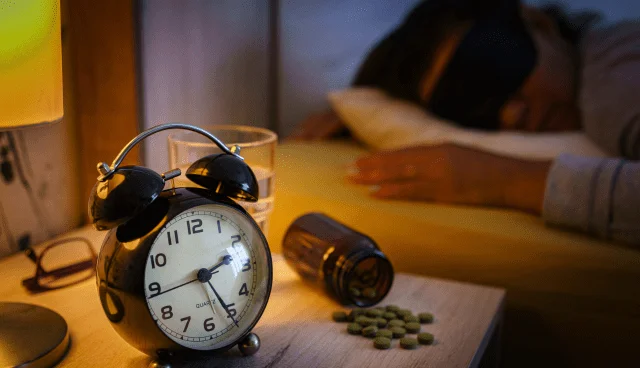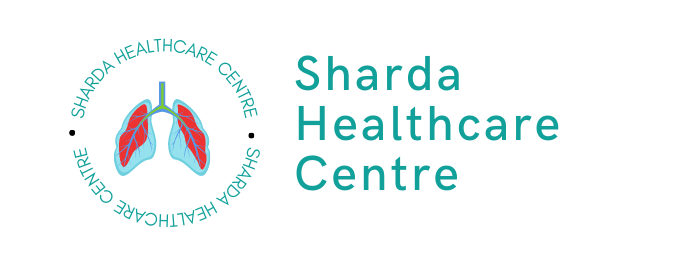
Sleep Disorders: Causes, Symptoms, and Treatments
Sleep is crucial to living a healthy existence. It rejuvenates our bodies and minds, ensuring we wake up refreshed and ready to tackle the day ahead. But millions of individuals all across the world struggle to fall asleep. Sleep disorders, such as insomnia, sleep apnea, restless leg syndrome (RLS), and hypersomnia, can disrupt the natural sleep cycle and lead to various health issues. In this blog, we’ll explore these sleep disorders, their symptoms, and available treatments.
Insomnia: The Most Common Sleep Disorder
Insomnia is perhaps the most well-known sleep disorder, affecting a significant portion of the population at some point in their lives. Individuals with insomnia have difficulty falling asleep or staying asleep, despite having the opportunity for adequate sleep. Common symptoms of insomnia include:
- Difficulty falling asleep
- Frequent awakenings during the night
- wake up too early and finds it tough to get back to sleep
- Feeling tired upon waking
- Irritability and mood disturbances
Insomnia can be caused by various factors, including stress, anxiety, depression, lifestyle choices (e.g., excessive caffeine or irregular sleep schedules), and certain medical conditions. Treatments for insomnia range from cognitive-behavioral therapy (CBT) to medications that help regulate sleep patterns.
Sleep Apnea: A Potentially Serious Disorder
A sleep disorder called sleep apnea is characterised by frequent breathing pauses while you’re asleep. Obstructive sleep apnea (OSA) and central sleep apnea are the two main kinds of sleep apnea. OSA is more common and typically occurs when the muscles in the throat relax excessively during sleep, obstructing the airway. Symptoms of sleep apnea include:
- Loud snoring
- Frequent awakenings due to choking or gasping for breath
- Excessive daytime sleepiness
- Morning headaches
Sleep apnea can have serious health consequences, including an increased risk of heart disease and stroke. Treatment options for sleep apnea include lifestyle changes, such as weight loss and positional therapy, as well as continuous positive airway pressure (CPAP) machines and surgical interventions.

Restless Leg Syndrome (RLS): An Uncomfortable Sensation
Restless Leg Syndrome (RLS) is a neurological disorder that causes uncomfortable sensations in the legs, often described as itching, crawling, or tingling. These sensations typically worsen at night and are relieved by moving the legs. RLS may seriously impair sleep, making it difficult to function during the day. Common symptoms of RLS include:
- Unpleasant sensations in the legs
- An irresistible urge to move the legs
- Symptoms that worsen when at rest or lying down
Treatment for RLS includes lifestyle modifications, such as avoiding caffeine and alcohol, as well as medications that can help alleviate symptoms.
Hypersomnia: Excessive Daytime Sleepiness
Hypersomnia is characterized by excessive daytime sleepiness, regardless of the amount of nighttime sleep. People with hypersomnia may struggle to stay awake during the day, leading to impaired concentration and a decreased quality of life. Symptoms of hypersomnia include:
- Excessive daytime sleepiness
- Long naps that do not provide relief
- Difficulty waking up from sleep
- Difficulty concentrating
Hypersomnia can result from various underlying medical conditions, and treatment may involve addressing the root cause, improving sleep hygiene, and using stimulant medications under medical supervision.
Conclusion:
Sleep disorders like insomnia, sleep apnea, restless leg syndrome, and hypersomnia can significantly impact one’s quality of life and overall health. If you or someone you know is experiencing symptoms of a sleep disorder, it’s essential to seek medical advice. A healthcare professional can diagnose the specific disorder and recommend appropriate treatments, which may include lifestyle changes, therapy, or medication. A good night’s sleep is crucial for physical and mental well-being, so don’t hesitate to address any sleep disturbance promptly.
